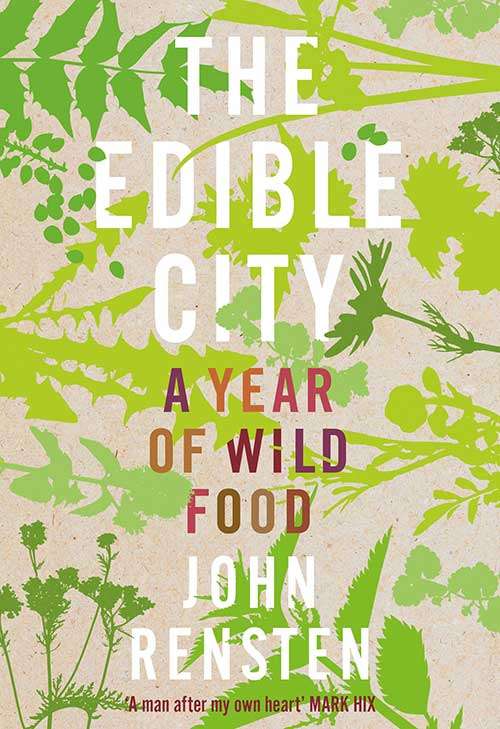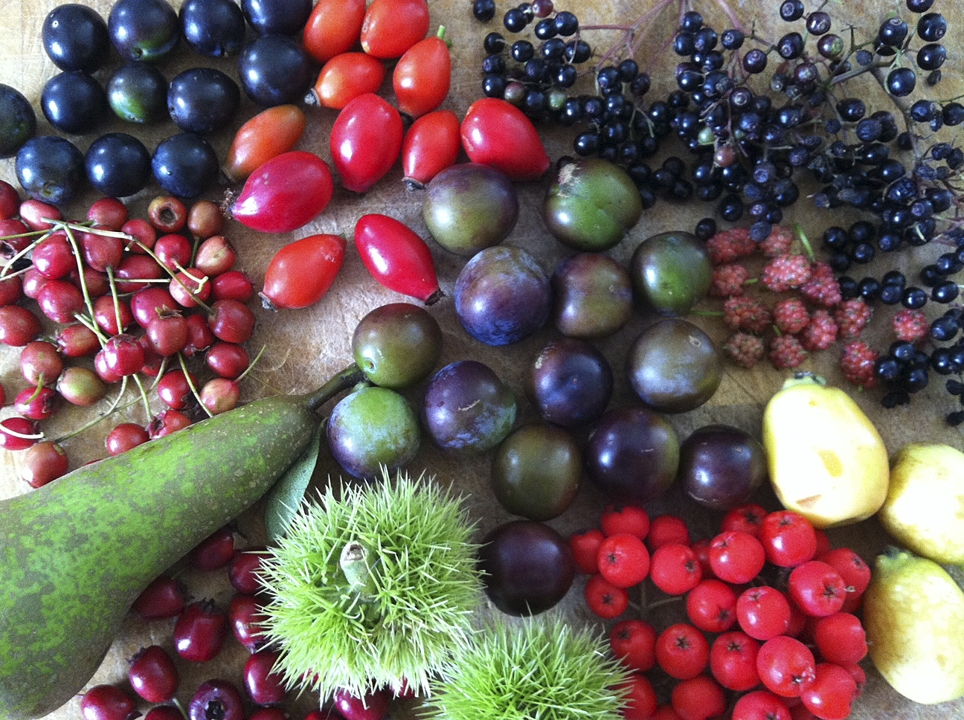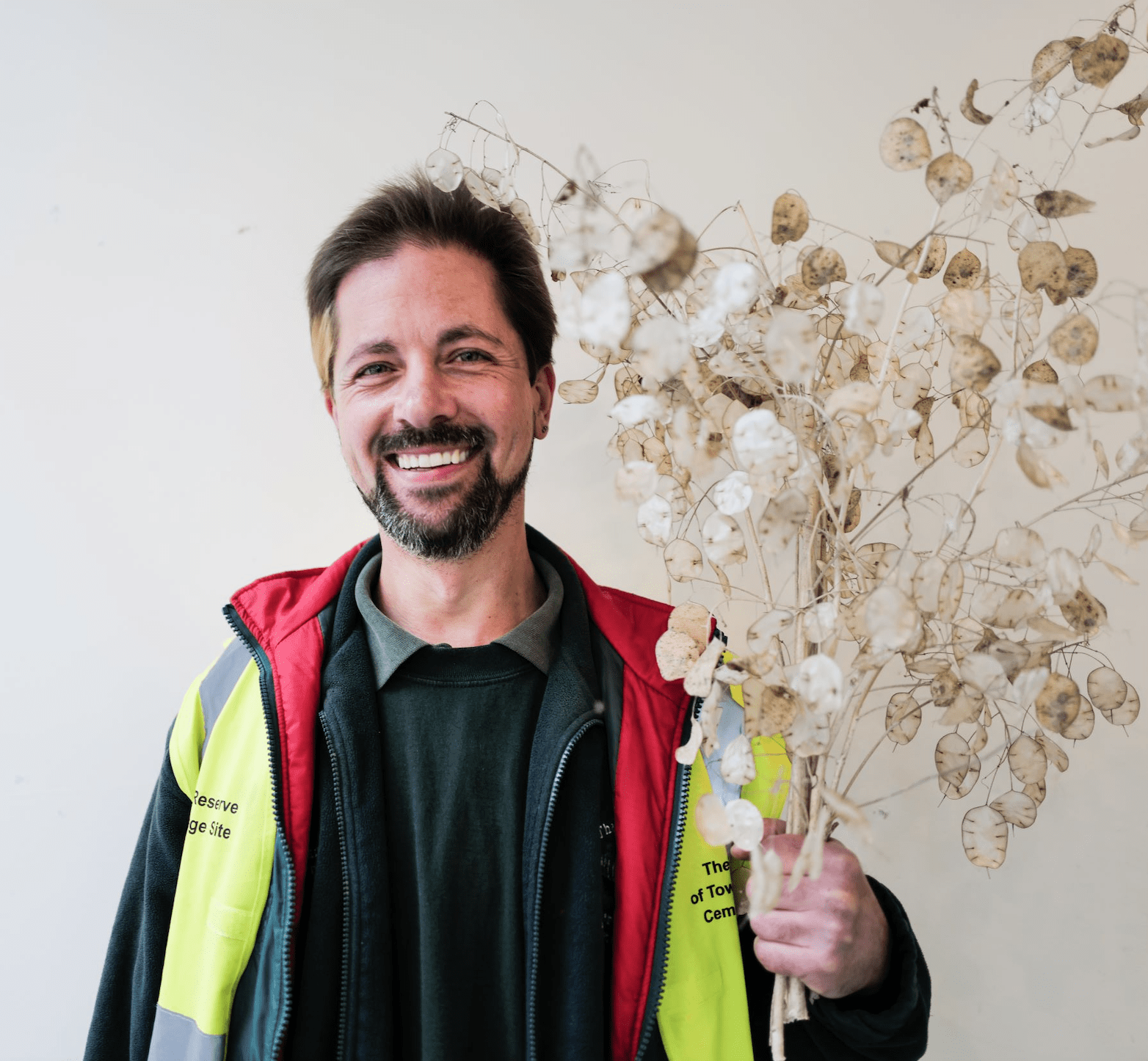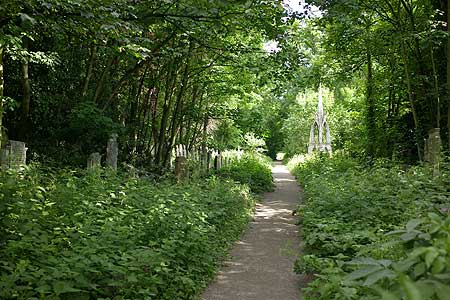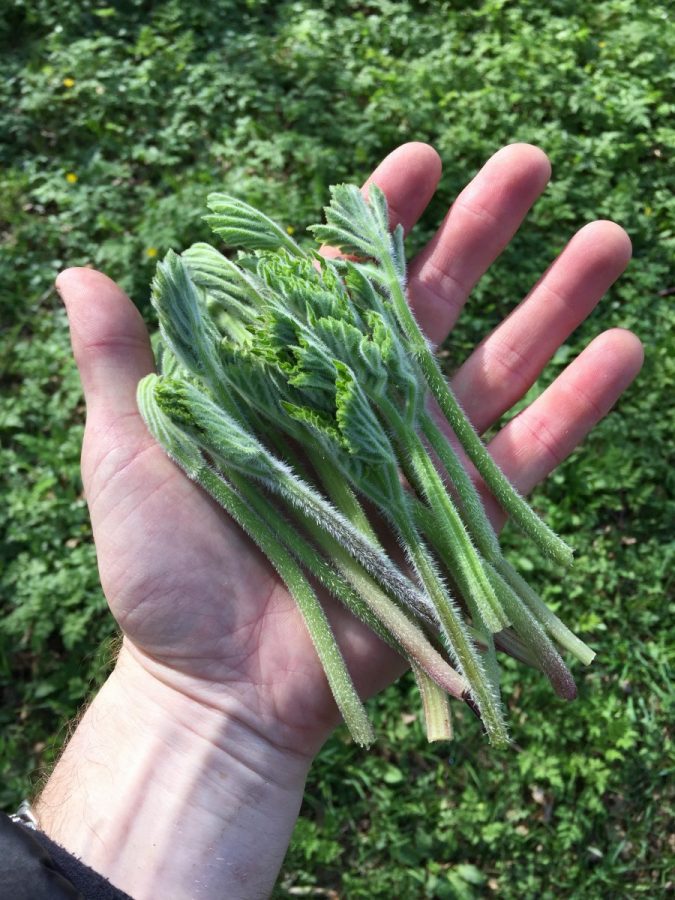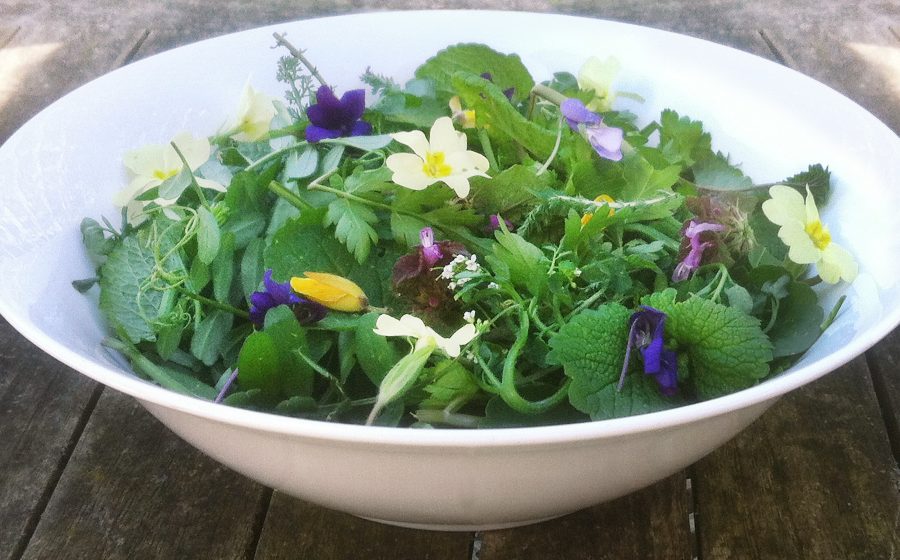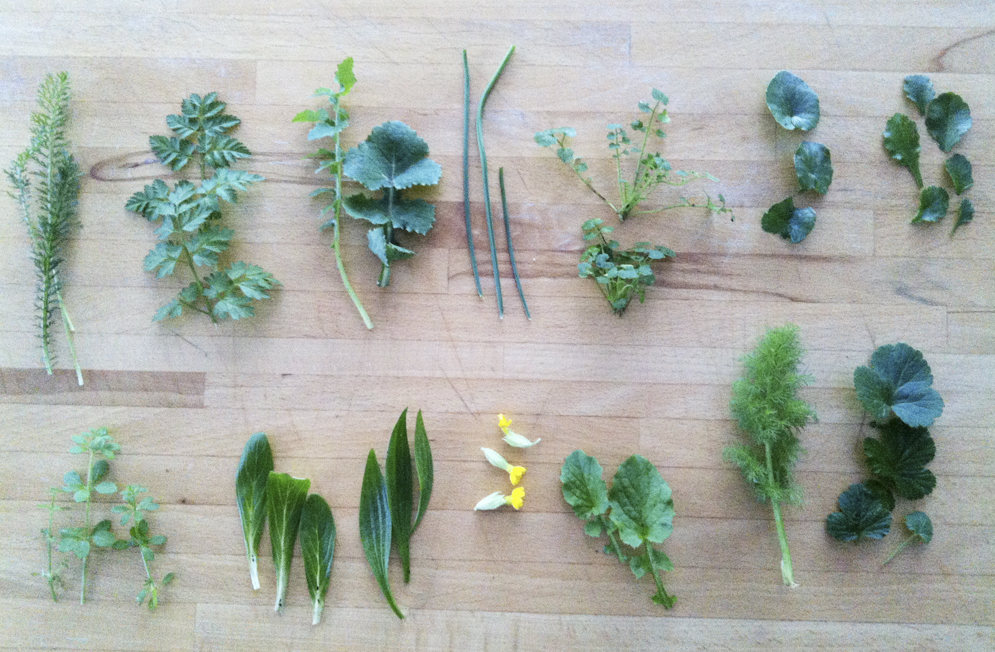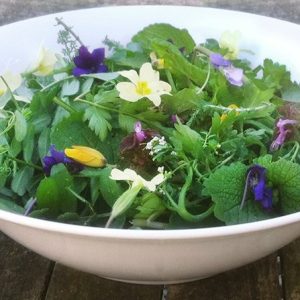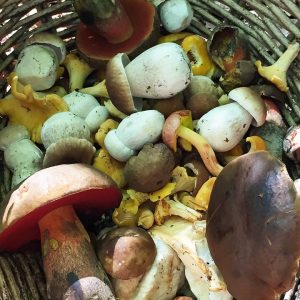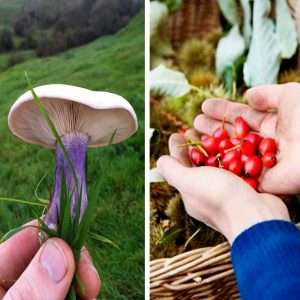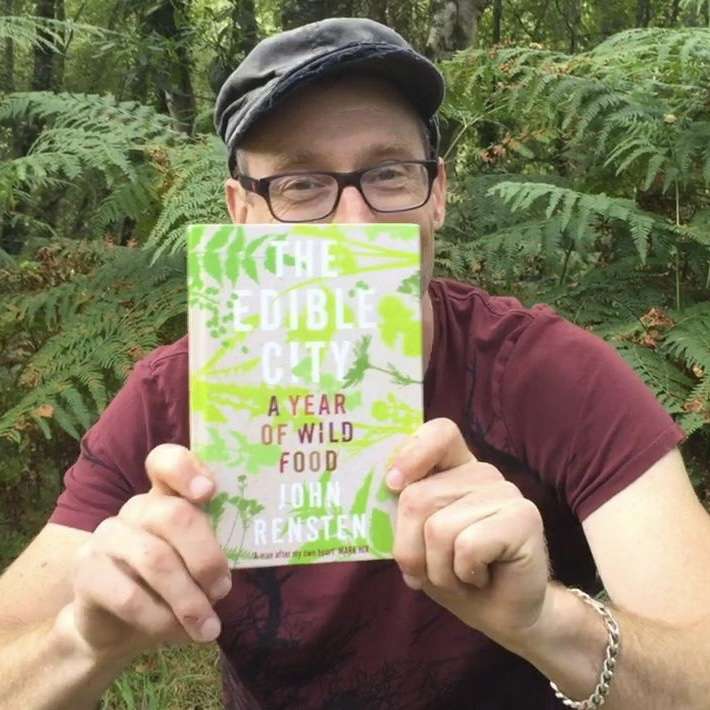Info
Join us for a wild food and nature walk.
‘‘An amazing walk with Forage London and Beyond at Tower Hamlet Cemetery. Our guide Ken was brilliant and even made us some green smoothies from our foraged bits.’ Laura Ngyou
An afternoon at the amazing Tower Hamlets Cemetery Park. One of London’s Magnificent Seven Victorian Cemeteries. Now closed to burials since 1966 and a designated public park and local nature reserve – tucked being Mile End Tube Station in E3 : A foraging walk, with a nature walk thrown in : Course leader Ken Greenway is the site’s manager and he’s worked there since 2002. This is quite literally the most fertile and diverse square mile of the city, if not the entire country so prepare to be amazed…(under 10’s go for free).
Course Leader
Your leader Kenneth (Ken) Greenway is the site’s manager and he’s worked at Tower Hamlets Cemetery Park since 2002. Kenneth Greenway, is an experienced forager, wild food enthusiast, and a Come Dine with Me winner!
The Venue
An afternoon at the amazing, award winning Tower Hamlets Cemetery Park (THCP). One of London’s Magnificent Seven Victorian Cemeteries. Closed to burials since 1966 and a designated public park and Local Nature Reserve a short walk from Mile End Tube Station in E3. A foraging walk, with a nature walk thrown in. The Cemetery Park has an extraordinaire diversity of both woodland and meadow plants, so prepare to be amazed.
Tower Hamlets Cemetery Park contains a huge range of plants with wild food uses. Many people know a good deal about the possible uses of these plants but they may not be well acquainted with the living plants. On THCP forage tours you will learn to identify many different species and appreciate them for their own sake, and for their wildlife value. Foraging is all about sustainability. Forget the expensive fancy green food smoothies – and get yourself down to your local park and get to know the plants in intimate detail.
Here’s what one person thought recently of their wild food experience in THCP:
“THCP is nothing short of stunning and Kenneth, my Friends of Tower Hamlets Cemetery Park guide, is unbelievably knowledgeable about edible plants. ‘Wild food isn’t going to replace your weekly shop but what it does do, is it will get you interacting with your open spaces in a different way,’ he tells me as we walk together, armed with a wheelbarrow, trowel, water and bowls for washing what we find. ‘This means thinking about recipes, cooking, where ingredients come from and how wild food can be an ingredient.”
Explore London’s most urban woodland in search of something for the dining table. You’ll learn sustainable harvesting techniques and basic plant identification. Nibble berries, scour for seeds and rummage for roots – then take some home to turn into your own wild creations.
Take on the role of a self-sufficient TV chef for an edible, guided walk. You’ll have a nibble around the Cemetery Park, learning about what foods can be eaten from the wild during different seasons.
Great for those who would like to improve their identification of common plants used for wild food. It may be particularly useful for people who camp and cook over an open fire, or those who would like to use wild plants in home cooking and anyone with an interest in this area is welcomed.
Group Sizes
At Forage London you will never be part of a herd of 20 or 30 other people. Foraging is a mindful practice, looking at small details as well as the big picture, slowing down and taking time to enjoy the natural world. Always ask about group size if booking on to a foraging or wild food walk.
We offer intimate foraging walks for small groups, usually 12 or at most 16 participants. It makes for a more enjoyable experience with better communication within the group.
Smaller groups minimise the impact on the environment, reduce over-harvesting and ensure sustainability is pivotal in what we teach and practice. Additionally, we find that smaller group sizes allow for more personalised learning, as members can more easily share their stories and any tips on identifying edible plants and mushrooms.
This approach balances safety, efficiency, and environmental stewardship, making foraging a more rewarding and sustainable practice.
Watch us on the BBC One <http://www.bbc.co.uk/programmes/p01fsf26>
and Autumnwatch <http://www.bbc.co.uk/programmes/p04p7ys8>
National Britain in Bloom winners 2016 for Wildlife and Conservation.
FOARGING SAFETY
CANCELLATION POLICY
